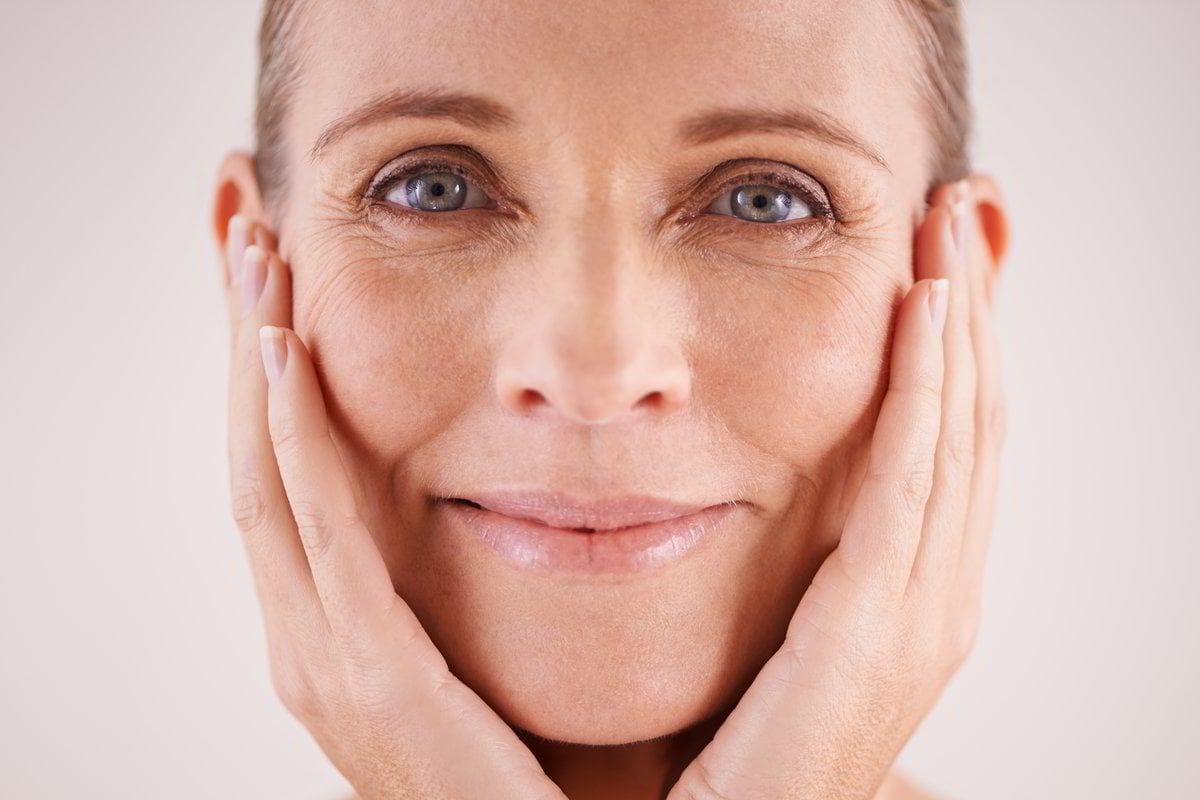
You know the tiny hairs chilling on your upper lip/chin/entire face? It's called 'peach fuzz' (sounds so cute, right?!), and while you may think you're the only one sporting a lil fluff, it's actually way more common than you might think.
According to a 2006 British study, it was found that women spend 104 minutes per week managing their facial hair. 67 per cent of the women in the study said they continually check their facial hair in mirrors, and 76 per cent said they continually check by touching it.
Before we get into what you can do if you really want to get rid of it, here's a bit of a background on what peach fuzz actually is and what causes it.
Peach fuzz. What is it?
Well, the Oxford Dictionary describes peach fuzz as, "the down on the chin of an adolescent boy whose beard has not yet developed" - but it sounds like this hasn't been updated since the '50s, so we asked a couple of experts for their definition, instead.
Cosmetic physician Dr Sean Arendse from Flawless Rejuvenation explains, "Peach fuzz is a term used for vellus hair. Vellus hair is a very fine hair that is typically lighter in colour and can be found on the face, neck and other areas of the body."
"Like peaches, it has a soft feel and can generally only be seen up-close," said skin practitioner Sarah Hudson from Skin By Sarah Hudson. Yep, you're probably the only one who notices it!
"Unfortunately, women perceive this fine downy hair as noticeable especially when we catch a glimpse in the rear-view mirror! Many women are embarrassed, as they think they are the only ones that suffer with it."

Top Comments